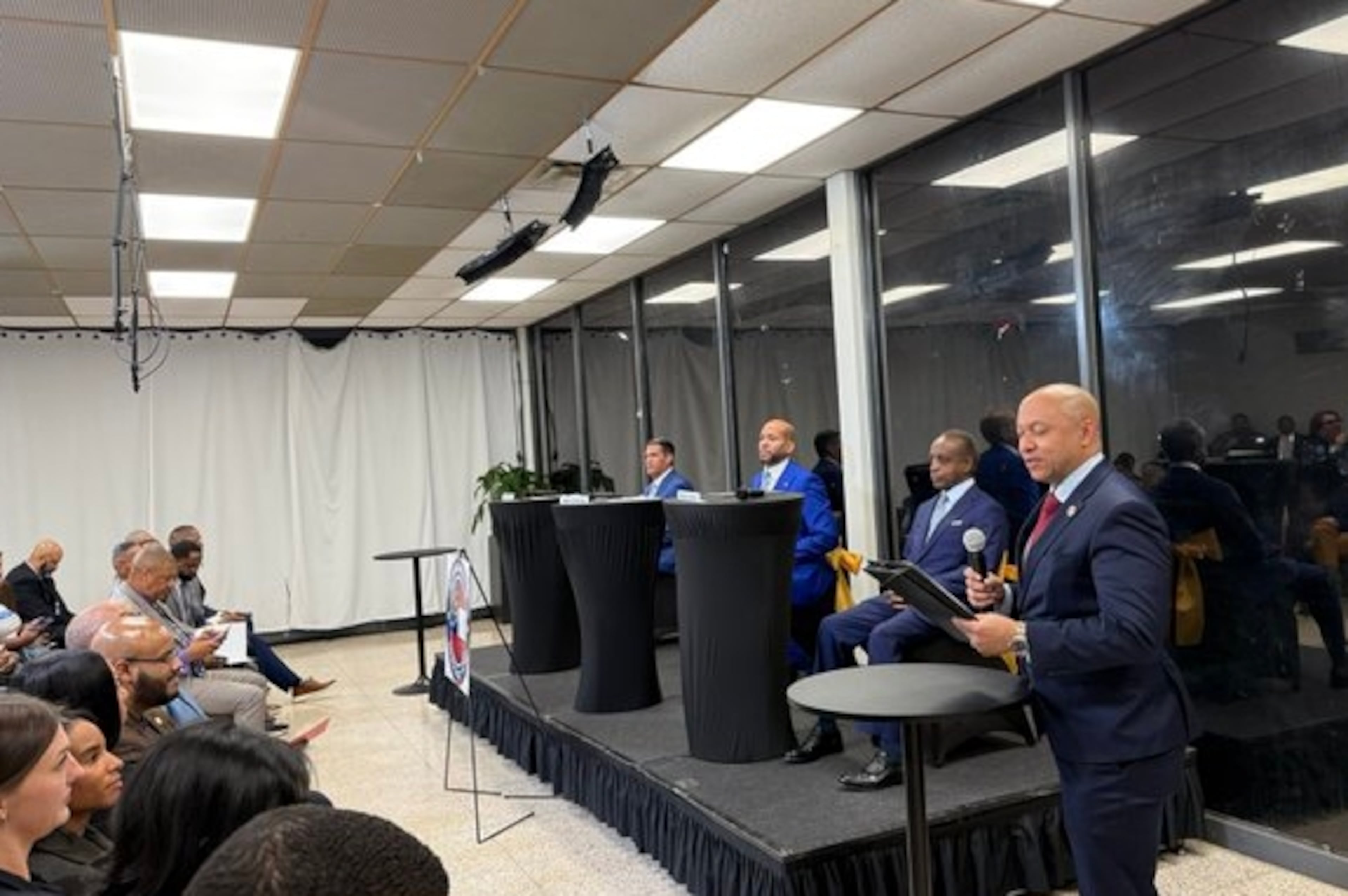Georgia’s residential solar market braces for a cloudy future

Ninya and Tom Bowman founded Custom Solar Solutions in 2022, seeking to capitalize on the Biden administration’s then-newly signed Inflation Reduction Act, which granted tax credits and incentives to boost clean energy.
Three years later, the Bowmans worry their family-owned, metro Atlanta business could be at risk amid President Donald Trump’s “big, beautiful bill” and tariff-driven cost increases.
Under the new legislation, tax credits allowing homeowners to deduct up to 30% of the cost of installation on their federal taxes will expire by the end of 2025, eliminating an incentive that made solar panel systems more affordable for homeowners and allowed companies like Custom Solar Solutions to thrive.
Along with eliminating the deduction, Trump’s tariffs on Chinese goods are raising supply costs and are predicted to increase solar project expenses by 15% through 2030 if maintained.
The new financial landscape occurs after years of growth championed by state officials and environmental advocates alike. Along with the Bowmans, 5,600 Georgians were employed in the solar industry in 2024. And with residential customers’ monthly electricity bills increasing by $43 since 2023, owning a personal source of power became an attractive option for many homeowners.
Tom Bowman said he’s had difficulty grasping the threats to the industry.
“We were planning on hiring an additional five to 10 employees just this year alone to accommodate our forecasted growth.” said Bowman, whose company has a workforce of 16. “That’s going to pretty much be slowed down.”

U.S. Sen. Raphael Warnock, a staunch supporter of clean energy who pleaded with Senate members to protect tax credits, said the legislation was a “job killer.”
“We should not be sacrificing Georgia jobs for billionaire tax cuts, yet cynical politicians just passed a law that will put new economic investments in struggling Georgia counties at risk. I will do all I can to blunt the impacts of this terrible legislation on Georgia’s clean energy economy,” said Warnock.
Rachel Goldstein, a research and modeling manager at Energy Innovation, a nonpartisan energy and climate policy think tank, said she expected the residential market to contract in the coming years.
“The 30% incentive has just been a huge boom to the industry. It’s driven an enormous amount of demand and caused a wonderful benefit to consumers,” said Goldstein, citing a Solar Energy Industries Association study that showed for every $1 spent on the investment tax credit, ratepayers saved nearly $3 on electricity costs.
Goldstein said eliminating the tax incentive will affect homeowners’ willingness to adopt the technology across all income levels.
“Of course, there’ll be a heavier impact on folks who are less wealthy,” she said. “And folks who are more wealthy, maybe just choosing not to invest at this time.”
While the reconciliation bill creates an uncertain future in the residential market, Bowman said he’s now dealing with the opposite issue in the short term: excessive demand as customers rush to take advantage of the credit before it expires.
“The day that the bill was signed, our phone was ringing off the hook,” he said. “So, for our business this year, we are swamped. We can’t keep up.”
One customer who came calling was DeKalb County resident Stuart Adler, who cited severe storms and power outages as primary reasons for adopting the technology.
Adler had been tracking the legislation as it passed through Congress and contacted Custom Solar Solutions once it became clear the tax credit would be eliminated.
“That’s why we went ahead and moved forward as quickly as we did because otherwise the return on investment would’ve been significantly longer,” he said.

To manage the temporary boom, Bowman said he hired several contract workers. But given the uncertainty, the company can’t afford to bring them on as full-time employees.
Bowman estimates his company will be unable to complete 50 to 75 net new requests by year-end, resulting in $3 to $5 million in lost revenue.
Kaveh Kamooneh, co-founder of Atlanta-based Better Tomorrow Solar, raised similar concerns.
“There’s been lots of ups and downs, but nothing like this,” he said. “It never felt so explicitly hostile before.”
Better Tomorrow Solar has completed 500 projects since its founding in 2018. Kamooneh anticipates his workforce of 20 will take on roughly 60 additional projects over the next few months.
“It’s going to create chaos,” he said.
The responsibility of interconnecting new solar systems to the grid falls on utility companies, Kamooneh said. Homeowners could still fail to qualify for the 30% tax credit if utilities, overwhelmed by a surge, fail to process applications by the end of the year.
Bowman and Kamooneh said their companies have pivoted to commercial and utility-scale projects.
The shift is only a temporary. Commercial tax credits are set to expire in 2027.
Three days after signing his signature domestic policy bill, Trump defended the elimination of clean energy tax incentives in an executive order claiming the industry posed a risk to national security because of its dependence on foreign adversaries’ supply chains. In the order, the president attacked the incentives as having “forced American taxpayers to subsidize expensive and unreliable energy sources.”
Bowman said he struggles with the idea that his industry has become a political target, given the consumer demand.
“The demand for energy continues to grow, the grid continues to age and the intensity of all these storms have caused more and more outages,” Bowman said. “If you don’t have alternatives, people are going to be in a world of hurt in the next two to three years.”



